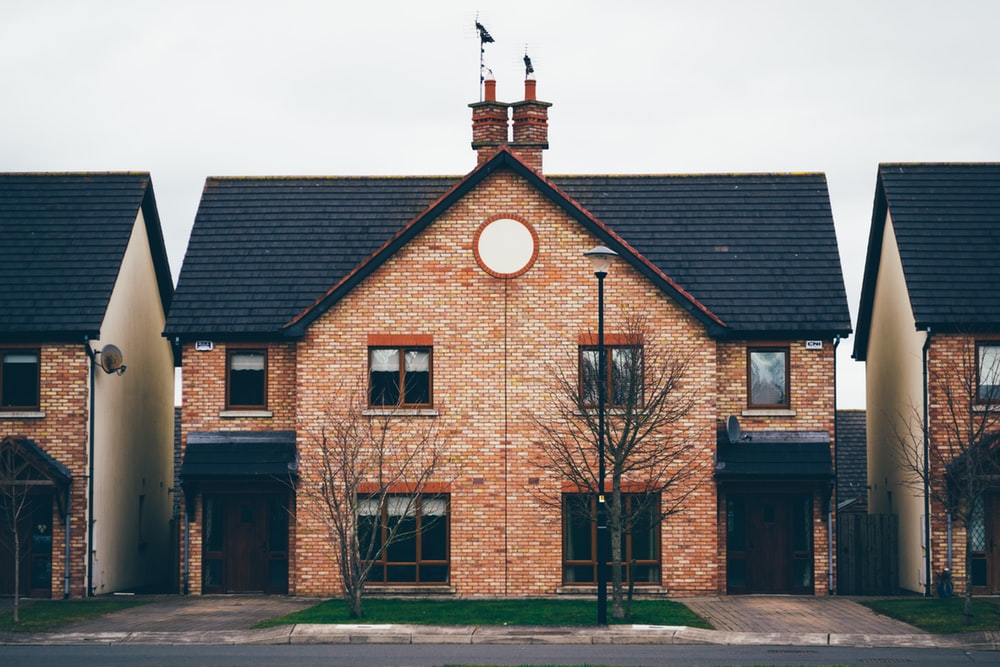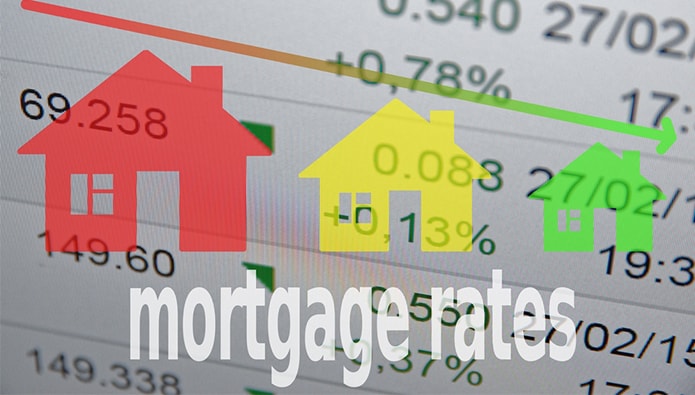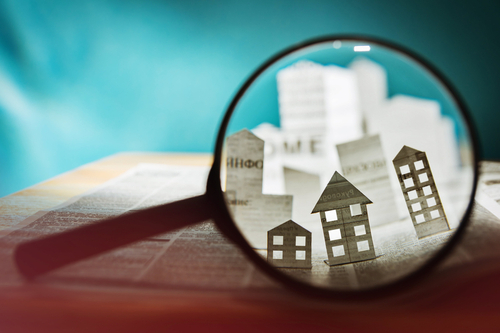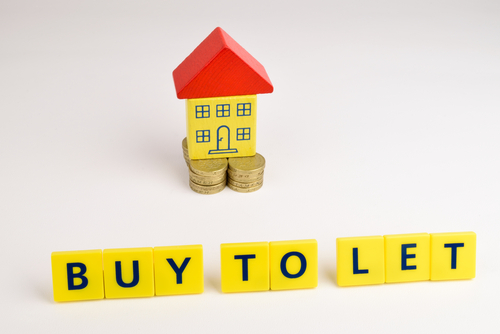While this saving differs across regions, it jumps as high as 48% in Scotland while London is home to the biggest monetary saving with a £87,000 saving.
Speed of purchase
After price, the next best advantage of buying a home at auction is speed. Unlike buying on the open market, sales are not subject to typical delaying factors such as chains. So, when the hammer falls on an auction property, it takes very little time for the buyer to receive the keys. Usually, around a month compared to around six months on the open market.
Certainty
Another plus of buying through auction is that purchases are certain - there is no way the seller or buyer can decide to back out at the last minute because the fall of the hammer, is itself, a legally binding moment. This brings an additional sense of certainty to the process, allowing all parties to complete their processes without fear of fall through.
Greater transparency
Another benefit of property auctions is the overall transparency of the bidding process. Bidders have full knowledge of the price as it increases, and full control over whether to raise the bid or drop out.
This prevents buyers from falling foul of the common open market practice of gazumping, in which one buyer has their offer accepted before it is suddenly revoked because another buyer has swept in with a better offer at the last minute.
What to watch out for
There are usually a good range of homes available at auction, some in good condition, but many with perceived baggage; baggage that might turn off buyers on the open market. Therefore, auctions are popular with professional buyers, but if regular buyers are looking for a ‘fixer-upper’, for example, auctions are a great place to start.
Because auction properties tend to need some work, the bidding usually to start well-below market value, and the sale prices are often well-below average, too. For many buyers, this provides an opportunity to purchase a bigger home than they could afford on the open market, or in a location that is otherwise out of their price range. However, despite the significant upfront savings, to suggest that auctions offer better value for money than the open market is not entirely true.
Auction buyers regularly secure great deals for themselves, both professionals and amateurs. But, often, they are buyers who are able to renovate the property, at least partially, themselves. Otherwise, the money required to renovate can rapidly negate the auction savings.
There are a couple of extra things to be aware of at property auctions. The shorter buying timeframes mean less time for surveyors and solicitors to do their jobs, thus lowering levels of due diligence. Buyers must also be ready, right then and there, with the finances in-place to meet the required agreement with the seller’s solicitor and, as such, there is a strong risk of buyers going over budget, perhaps carried away in the heat of the moment, and placing themselves in financial difficulty.
Lastly, anyone who is interested in selling a property at auction should know that the auction house will take a commission of around 2.5% of the final sale price. There is also an entry fee, normally around £300 for each property, and sellers must also provide an auction legal pack which costs at least £200 to produce.
Managing Director of Barrows and Forrester, James Forrester, commented: “Buying at auction is more popular now than ever before. It’s fair to say that the rise of online auctions is responsible for this, not least because it helps everyday buyers avoid the intimidating environment of the traditional auction room, surrounded by competitors who are bidding every day.”
Forrester continued: “However, it’s important to note that it requires more thought than your usual late night eBay splurge and while greater accessibility is a positive, it has also increased the number of buyers getting in over their heads.”
Forrester concluded: “Just like the open market, the financial agreements you’re making at auction are very real and deal with very large sums of money. It’s vital to be prepared, have your finances in place, do your homework on the properties you’re planning to bid on, and ensure all of the important surveys and checks are completed before the hammer falls.”
|
Table shows the average house price for open market and auction homes in Great Britain, alongside the £ and % difference.
|
|
Location
|
Auction average guide price
|
Local area average price (Dec 2021 UK HPI)
|
Difference - auction vs local (£)
|
Difference (%)
|
|
Scotland
|
£93,399
|
£180,485
|
-£87,086
|
-48%
|
|
East of England
|
£182,872
|
£339,502
|
-£156,630
|
-46%
|
|
North West
|
£113,147
|
£200,172
|
-£87,025
|
-43%
|
|
North East
|
£83,534
|
£147,214
|
-£63,680
|
-43%
|
|
East Midlands
|
£138,547
|
£235,004
|
-£96,457
|
-41%
|
|
South East
|
£228,681
|
£380,237
|
-£151,556
|
-40%
|
|
South West
|
£192,527
|
£314,037
|
-£121,510
|
-39%
|
|
West Midlands
|
£130,757
|
£212,229
|
-£81,472
|
-38%
|
|
Wales
|
£127,921
|
£204,835
|
-£76,914
|
-38%
|
|
London
|
£341,459
|
£521,146
|
-£179,687
|
-34%
|
|
Great Britain
|
£163,284
|
£278,120
|
-£114,836
|
-41%
|





















Join the conversation
Be the first to comment (please use the comment box below)
Please login to comment